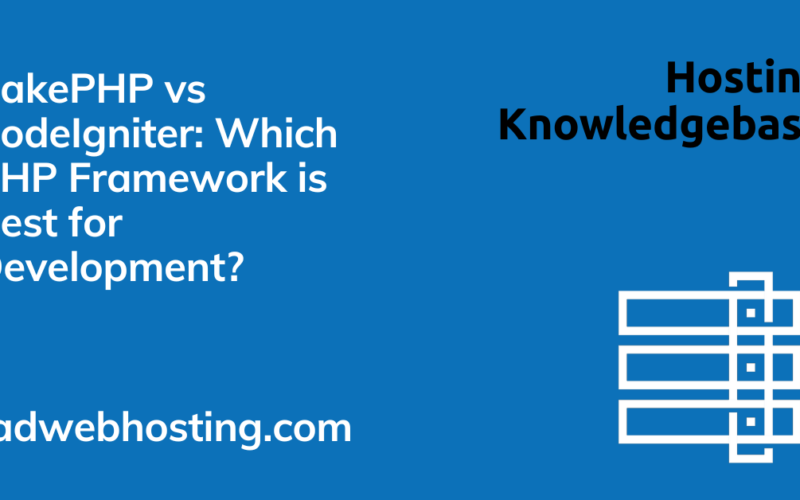
This article addresses the dangers of conducting business inside private chat apps like Telegram, Discord, Whatsapp, and more.
TL;DR: Businesses increasingly push bold claims inside closed chat apps where messages vanish, identities blur, and scrutiny is low. Move essential communications to public, indexed pages; label roles; archive chats; standardize disclosures; and route payments/support through official systems to protect customers and your brand.
The Dangers of Conducting Business inside Private Chat Apps Like Telegram, Discord, WhatsApp
How Businesses Are Avoiding Public Scrutiny of Their Claims
Private-by-default chat apps—Telegram, Discord, WhatsApp, Signal, and their clones—are great for coordination. They’re terrible as primary venues for sales, customer service, and investor communications. Increasingly, bad actors exploit these channels to make bold claims with low visibility and limited accountability. Even legitimate teams can drift into risky behavior simply because the UX nudges them there.
This post breaks down how claims go unchallenged in chat apps, why it’s a problem for customers and companies alike, and what to put in place if your organization touches these platforms.
Why chat apps invite sketchy business behavior
1) Ephemeral + fragmented context
- Threads move fast; receipts get buried.
- Message deletion, edits, and “disappearing messages” erase history.
- Screenshots become the only “record,” and they’re easy to fake.
2) Closed rooms = limited scrutiny
- Private groups lack public indexing, watchdogs, and media visibility.
- Invite-only channels create echo chambers and manufactured social proof.
3) Blurry roles and identities
- Pseudonyms and burner accounts obscure who’s an employee vs. promoter vs. customer.
- “Admin” badges are mistaken for official authority.
4) Incentives to hype
- Growth loops reward bold claims, FOMO countdowns, and selective wins (while losses vanish).
- Affiliates and paid mods push “house” narratives without clear disclosure.
How claims dodge accountability in these spaces
Selective visibility: Only the “good” messages are pinned. Dissent is throttled or moved to a side chat.
Soft redactions: Edited messages remove caveats post-hoc; screenshots show a sanitized history.
“DM me for details” traps: Claims migrate to one-to-one chats, severing any audit trail.
Vanishing disclaimers: A fleeting disclaimer “somewhere above” is treated as blanket coverage for aggressive promises below.
Siloed support: Refund/chargeback instructions sit in a different channel—conveniently out of sight when the pitch is made.
Moderator theater: Mods pose as satisfied users or “independent experts,” creating artificial consensus.
Who gets harmed—and how
Consumers & clients
- Misled by unverified performance stats, “guaranteed” outcomes, or fabricated testimonials.
- Pushed to pay via irreversible rails (crypto, friends-and-family transfers) that break standard protections.
Legitimate businesses
- Lose trust by association with spammy channels.
- Incur legal exposure: deceptive marketing, missing disclosures, unverifiable consent, records-retention failures, and mishandled support.
- Face discovery headaches: proving what was—or wasn’t—said in fragmented DMs is costly and uncertain.
Red flags inside Telegram/Discord/WhatsApp
- “Results not typical” appears nowhere—only wins are pinned.
- Admins refuse to summarize terms publicly; everything happens “in DMs.”
- Time-boxed FOMO (“only 7 spots left!”) repeats daily.
- Payment links change often; invoices lack registered business info.
- “Community testimonials” come from brand-new or anonymous accounts.
- No searchable archive; members are discouraged from sharing messages externally.
- Support is “best effort,” no ticketing or case numbers.
If your company uses chat apps at all, set these guardrails
1) “Public-first” rule
Any claim about price, features, performance, guarantees, or risk must also exist on a public, indexed channel (website page, knowledge base, blog post). Link to it from the chat. If it’s not fit for the website, it’s not fit for the chat.
Need a website: How to Build a Website Using Cloud Site Builder on Rad Web Hosting
2) Durable records
- Mirror key announcements to a system of record (website changelog, CRM, help desk).
- Disable disappearing messages for official channels.
- Export and archive channel logs where your compliance policy requires it.
3) Identity & conflicts
- Tag employee and affiliate roles clearly in display names.
- Require #ad or “affiliate” disclosures where compensation or benefits exist.
- Maintain a public page listing official community managers and partner programs.
4) Claims discipline
- Ban performance promises, unverifiable stats, and guarantees you can’t honor.
- Standardize disclaimers; place them adjacent to claims (not 40 messages earlier).
- Route pricing, refunds, and SLAs to canonical public pages—never “DM-only.”
5) Support hygiene
- No resolutions in DMs only—open tickets in the help desk; summarize outcomes publicly (minus PII).
- Provide chargeback/complaint processes on your site, not just in chat.
6) Payments
- Use traceable, reversible, business-account rails where possible.
- Issue invoices with full company details and refund terms.
- For crypto, publish on-chain refund policies and reconciliation procedures.
Safe-use template: Pin this in your official chat
Channel Standard
• Official announcements are mirrored on: yourdomain.com/updates
• Pricing, guarantees, and refund terms: yourdomain.com/legal
• Staff are labeled [Staff]; affiliates labeled [Affiliate] and must disclose compensation.
• Do not accept DMs for payment requests—use invoices from our billing portal only.
• Support issues must start at yourdomain.com/support for tracking and outcomes.
Sample disclosure language (adapt to your jurisdiction)
- “Community messages may include opinions from customers, affiliates, or partners and should not be taken as verified performance claims. Individual results vary.”
- “Any offer or guarantee is valid only as stated on our website. If a claim in chat differs from the website, the website controls.”
- “Employees and paid partners are labeled accordingly; compensated endorsements include #ad or #partner.”
Internal checklist (for audits & SOPs)
- [ ] Chat guidelines published; staff/affiliate labels enforced.
- [ ] Claims map maintained (each claim links to a public page).
- [ ] Logging/retention policy configured and tested.
- [ ] Quarterly review of pinned messages & links.
- [ ] Payment links restricted to official invoicing systems.
- [ ] Moderation playbook covers misinformation, identity spoofing, and off-platform solicitations.
- [ ] Incident response: channel freeze + summary post + website update + notification.
What to do if you’re a buyer, client, or investor
- Ask for a public URL that restates the offer, terms, risk factors, and support process.
- Verify the company identity (registered name, tax ID where applicable, physical address).
- Pay through business-account rails; avoid irreversible transfers to personal handles.
- Treat “DM me” pressure, vanishing disclaimers, and anonymous mod testimonials as red flags.
- Screenshot, export, and save key interactions before transacting.
Bottom line
Chat apps are great for community, not for compliance. If a claim only lives inside Telegram, Discord, or WhatsApp, assume it was designed to avoid daylight. Put a public-first policy in place, keep durable records, and make sure every meaningful statement your brand makes can survive being quoted on your homepage. If it can’t, don’t say it—anywhere.
FAQ
Is it ever okay to sell in chat apps?
Yes—if every claim links to a public source of truth and payments/support run through official systems.
Do pinned disclaimers cover future claims below?
No. Disclaimers must sit adjacent to the specific claim they qualify.
Can screenshots serve as evidence?
Sometimes, but they’re trivial to manipulate. Maintain exports and independent system logs.








